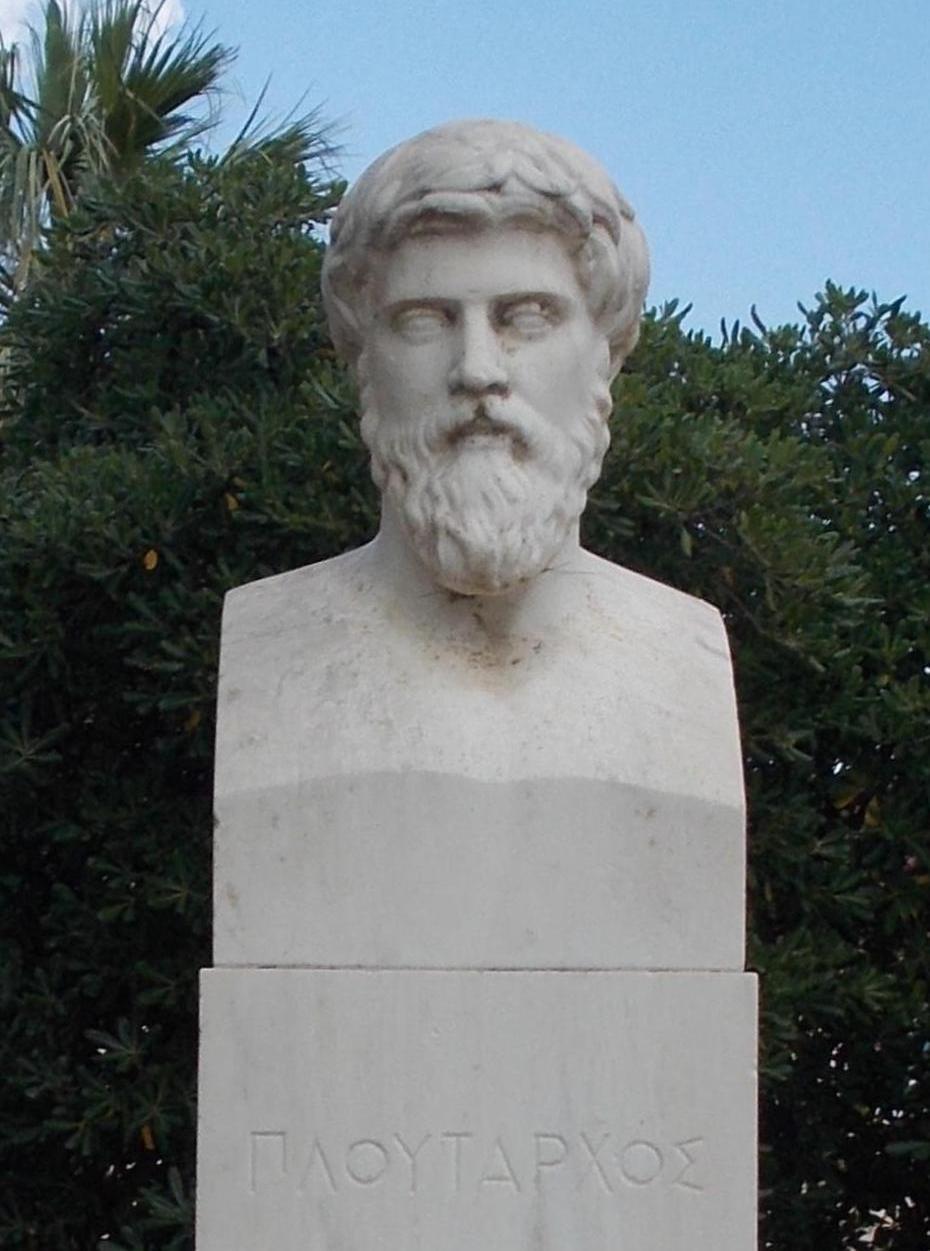It is not Histories that I am writing, but Lives; and in the most illustrious deeds there is not always a manifestation of virtue or vice, nay, a slight thing like a phrase or a jest often makes a greater revelation of character than battles when thousands fall, or the greatest armaments, or sieges of cities.
—Plutarch



